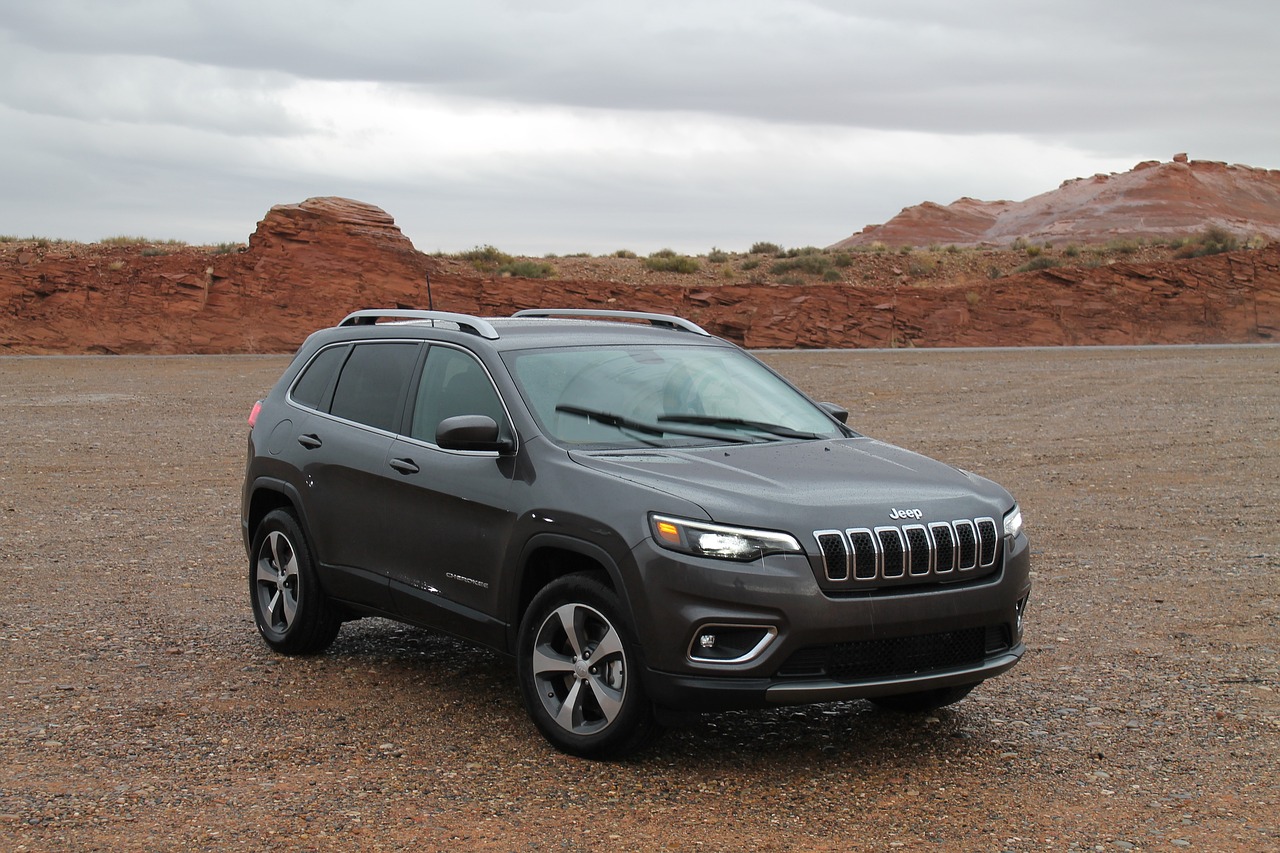
The Comprehensive Handbook for Luxury Car Connoisseurs: Purchase, Lease, and Exchange Insights
Owning a luxury car is a dream that marries opulence with engineering excellence. Whether buying, leasing, or exchanging such an automobile, understanding each process ensures you make informed decisions.
• Finding the Perfect Luxury Car
Finding the ideal luxury car goes beyond launching your preferences and comparing models. Begin with a clear understanding of what you value most—performance, aesthetics, technology, or brand prestige. Test driving multiple options helps you see which model fits your lifestyle and expectations.
• Financing Your Luxury Vehicle
Financing a luxury car often demands a substantial budget and a well-planned approach. First, evaluate your financial health and set a realistic budget, including monthly payments and additional ownership costs like insurance and maintenance. High-end models often require premium insurance policies, so getting quotes in advance is advisable. Shop around for the best loan offers—credit unions, banks, and dealerships could provide competitive rates. Keep your credit score in good shape, as it significantly influences loan approval and interest rates. Leasing is an alternative that minimizes upfront costs, and often includes maintenance packages. Lastly, consider consulting with a financial advisor to ensure the deal aligns with your long-term financial goals. Planning your purchase diligently avoids stress and secures an enjoyable ownership experience.
• Leasing vs. Buying: The Pros and Cons
Deciding between leasing and buying depends largely on your personal priorities and financial situation. Leasing a luxury car usually means lower monthly payments and the excitement of driving a new model every few years. Maintenance and repair costs may be covered, reducing potential unexpected expenses. However, leasing restrictions on mileage and potential fees for excessive wear can be drawbacks. Buying, on the other hand, offers long-term ownership without mileage constraints, and the ability to customize your car as per your tastes. As the car ages, it may still retain resale value, offering a financial return. While buying initially costs more, with financing options you’ll eventually own the car free and clear. Both choices have merits and downsides—careful consideration of usage and financial factors will guide the right decision for you.
• Trading Your Current Vehicle
Trading in your current vehicle is a convenient route when acquiring a new luxury car. Start by knowing your car’s current market value through online tools and dealer quotes. Preparing your car for trade-in—cleaning, repairing minor damages, and gathering all relevant documents—can enhance its value. When negotiating with dealers, present multiple offers to leverage the best deal. Evaluate trade-in offers carefully, considering both the trade-in value and the price of the new car to ensure a fair deal. Some prefer to sell their current vehicle privately, often fetching a better price but necessitating more effort. If the trade-in process feels daunting, consulting with a professional appraiser or broker can be helpful. Ultimately, trading your vehicle reduces the hassle of selling while contributing to your new luxury purchase.
• Maintenance and Care
Maintaining a luxury car involves more than routine servicing; it’s about preserving performance and elegance. Regularly scheduled maintenance as per the manufacturer’s guidelines is crucial—these cars often have sophisticated technology requiring specialized care. Detailing your car, both interior and exterior, helps keep it looking pristine and protects the paint and upholstery. Use approved products and professional services to prevent damage. Keeping a detailed service record not only helps in troubleshooting issues but also enhances resale value. Address minor issues promptly to avoid costly repairs later. Consider investing in extended warranty or maintenance packages offered by dealers. If you drive frequently or under harsh conditions, adapt your maintenance schedule accordingly. Regular care ensures reliability, safety, and the luxurious feel of your vehicle over years of ownership.
• Understanding Depreciation
Depreciation significantly impacts the value of luxury cars, and understanding it can help you make smarter financial decisions. Typically, luxury cars depreciate faster due to their higher initial cost and more rapid technological advancements, which make older models feel outdated quicker. Brands like Mercedes-Benz, BMW, and Audi have varied depreciation rates, so research is essential. Opting for limited editions or models with high-quality, enduring features might retain more value. Depreciation isn’t solely negative—during purchase, consider certified pre-owned vehicles, which offer substantial savings with less depreciation hit. Understanding the depreciation curve aids in deciding the best time for purchase, sale, or trade-in. Moreover, the initial higher depreciation of leasing luxury cars might justify those lower monthly payments compared to buying outright. Knowledge of depreciation dynamics is pivotal for financial prudence in luxury car owning.
• The Future of Luxury Car Ownership
Luxury car ownership is swiftly evolving with advancements in technology, sustainability, and consumer preferences. Electric luxury vehicles from brands like Tesla, Porsche, and Jaguar are spearheading this change, balancing performance with environmental responsibility. Autonomous driving features, once a futuristic concept, are becoming standard, enhancing safety and convenience. Digital integration, from advanced infotainment to over-the-air updates, is revolutionizing user experience. Sustainability trends also reflect in the materials used, with a shift towards eco-friendly options without compromising luxury. Subscription-based ownership models are emerging, offering flexibility compared to traditional ownership and leasing. These trends are reshaping the definition of luxury, focusing not merely on opulence but also on innovation and long-term viability. Staying informed on these advancements ensures that your luxury car experience remains cutting-edge and future-ready.



